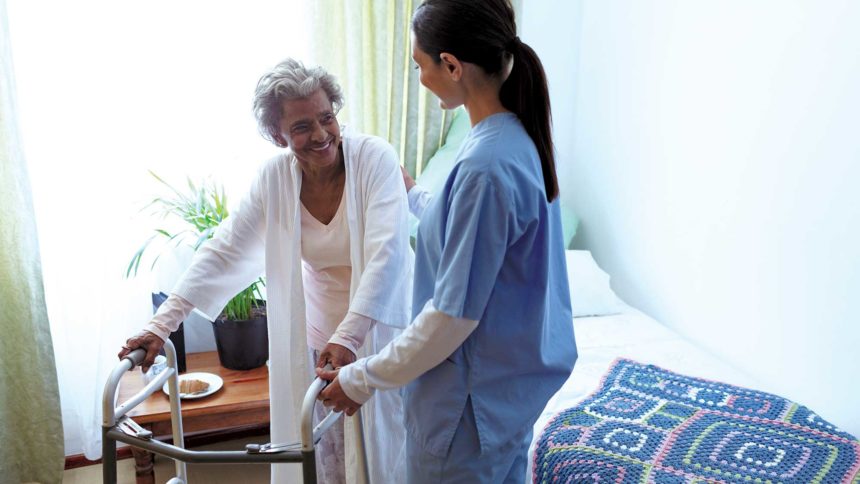
A symptomless cause of chronic dizziness — orthostatic hypotension (OH) — puts seniors at higher risk for falls within 12 months, a new study has found.
Older patients should be evaluated regularly for the condition, investigators say.
OH causes blood pressure to fall suddenly upon standing and is a common cause of dizziness in seniors. It can occur without signs and symptoms. Investigators aimed to assess the prevalence of OH and its relationship to falls at 12-month and 36-month follow-ups. They also sought to compare a 30-second blood pressure measurement after standing with a 3-minute measurement for reliably predicting falls risk.
Study participants were aged 65 years and older, had good physical function and had experienced falls during the previous 12 months.
Using either measurement, OH after standing was associated with a greater risk for falling within 12 months, reported Ulla Hohtari-Kivimäki, of the University of Turku, Finland, and colleagues. But the 30-second blood pressure measurement was the best predictor of risk, they added.
“The results support the usability of a 30-second measurement in determining OH and the risk for falling among older persons,” the authors wrote. “The prevalence of OH is quite high, and many cases are asymptomatic. We recommend that OH measurements be routinely performed in geriatric care.”
Full findings were published Monday in JAMDA.




